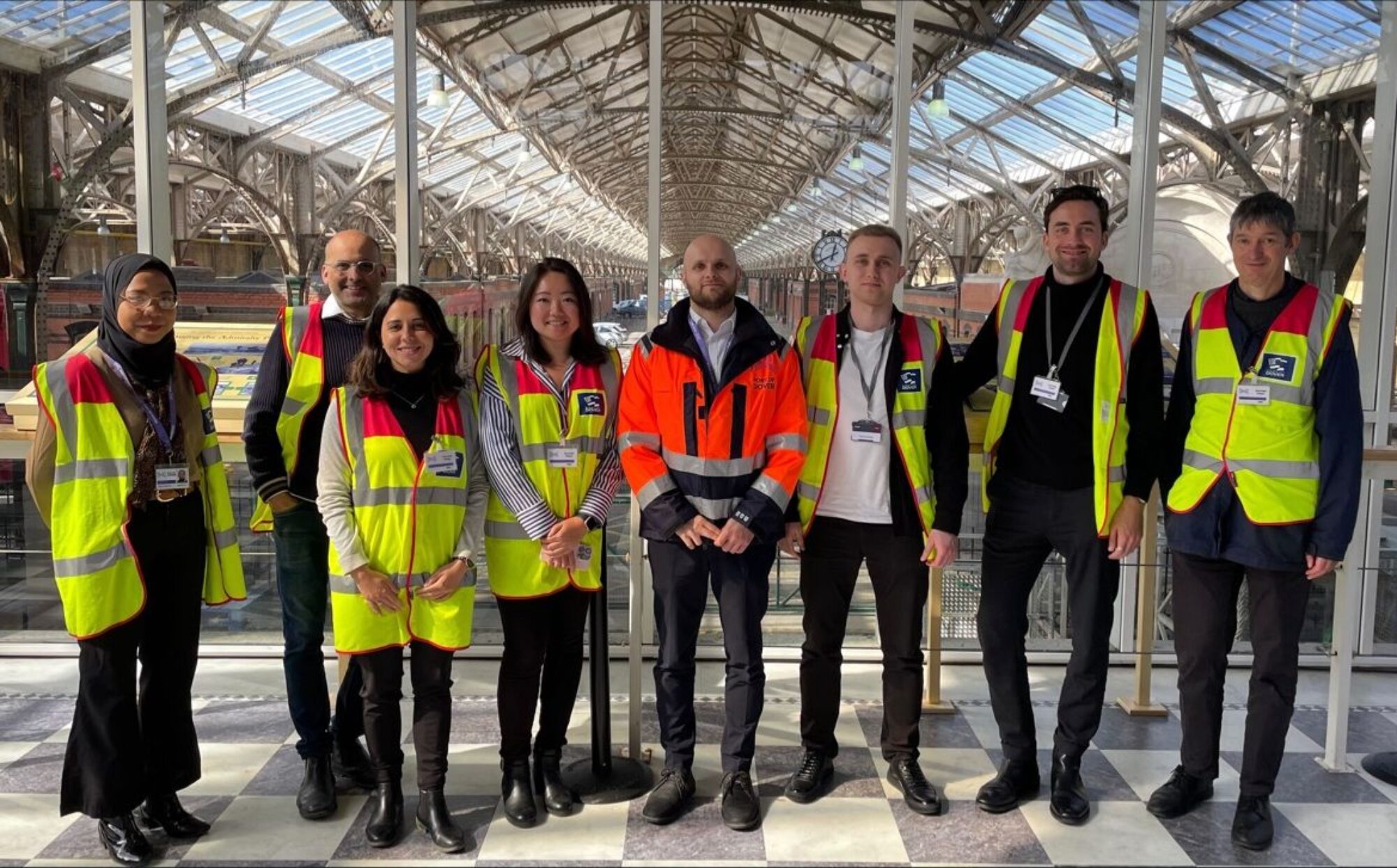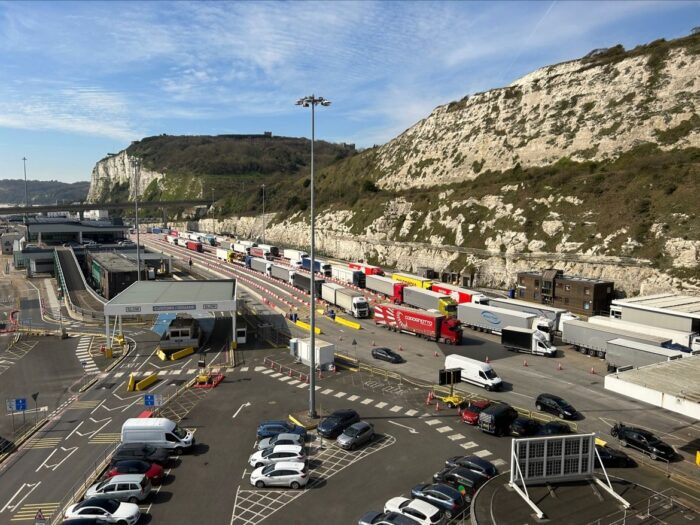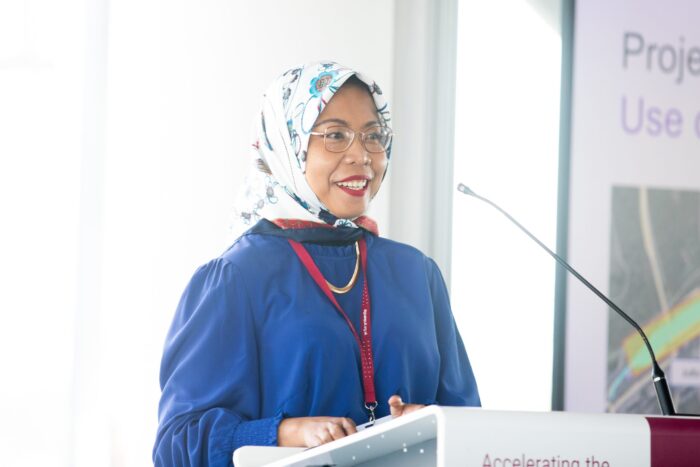Keeping traffic moving – Port of Dover success story

Digital Catapult’s first Quantum Technology Access Programme (QTAP) raised awareness, educated end users, and fostered industry partnerships to drive the future adoption and commercialisation of quantum computing. During this first-of-a-kind programme, quantum experts from Digital Catapult and the programme partners ORCA Computing and Riverlane supported participants to explore novel quantum computing use cases.

Keeping traffic moving – critical at the Port of Dover
Dover is the port of national significance for passengers, freight, and passenger vehicle trips. Very high volumes of traffic are handled at the Port of Dover. Goods worth £144 billion, representing 33% of the UK’s trade in goods with the EU, 11 million passengers and two million tourist vehicles pass through this busy port every year.
Optimising traffic flows is a big challenge for the Port, with specific challenges including congestion at peak time, uneven traffic distribution and the need for dynamic rerouting capabilities. The Port of Dover’s team believe that quantum or quantum-inspired optimisation algorithms will help manage traffic flow in the future.
Implementing the Maxcut problem on a quantum computer
Maxcut is a problem from graph theory, where a network of connected nodes, also known as a graph, is divided into two partitions such that the number of edges between the two partitions is maximised. The relevance of this problem to the Port of Dover is that the nodes of the graph can represent traffic checkpoints, and the edges of the graphs can represent the routes traffic follows between these points, allowing increased insight into traffic flows.
What was done?
The problem was formulated as a Quantum Unconstrained Binary Optimization (QUBO) problem and simulated on the ORCA Software Development Kit (SDK). Different binary variables encoded which network partition each node was in. The quantum boson sampler produced binary strings which were mapped to the relevant binary variables and the boson beam splitter angles were tuned classically to find the binary string which corresponded to the optimum solution.
Digital Catapult gave education and training on quantum optimisation, including use of the ORCA SDK to set up and solve optimisation problems, and supported the Port of Dover team in completing their quantum notebook, and to disseminate their learnings at the final QTAP showcase.
What were the results?
The problem, with nine nodes, was solved by simulating the ORCA SDK and the solution suggested insights into minimising congestion. Although the solution could have been found classically with a specialised solver, or even by brute force, the Port of Dover participants were able to gain knowledge of quantum optimisation by setting up and simulating a practical example and overcoming the challenge of translating complex traffic flow dynamics into a QUBO framework.
The work sparked interest among Port of Dover stakeholders to continue to explore quantum computing solutions to enhance traffic management and port logistics. Siti Fariya, Simulation Modeller Specialist at the Port of Dover explained that the team are “hoping to find a consortium to work with us for the future development of quantum computing.”
I had zero knowledge of quantum so the programme was really helpful for me. The online training from Black Opal was helpful as it was very user-friendly. The results were promising and there’s lots of application areas where this can be useful.
Siti Fariya Simulation Modeller Specialist, Port of Dover

Watch the highlights video from the showcase
Get involved
Be the first to receive news and updates about our work with quantum. Fill out your details in the form below.
Related topics

Quantum Technology Access Programme
Separating opportunity from hype to understand industry challenges that may be best solved by quantum computing.
Leading businesses showcase the potential for quantum computers to transform energy, infrastructure and engineering
Leading businesses on Digital Catapult’s Quantum Technology Access Programme (QTAP) showcase the potential for quantum computers to transform energy, infrastructure…
Digital Catapult launches Quantum Technology Access Programme with eleven leading British businesses, to improve the quantum readiness of key UK industries
Digital Catapult announces eleven leading British businesses have been accepted onto a first-of-its-kind Quantum Technology Access Programme, to overcome industrial…